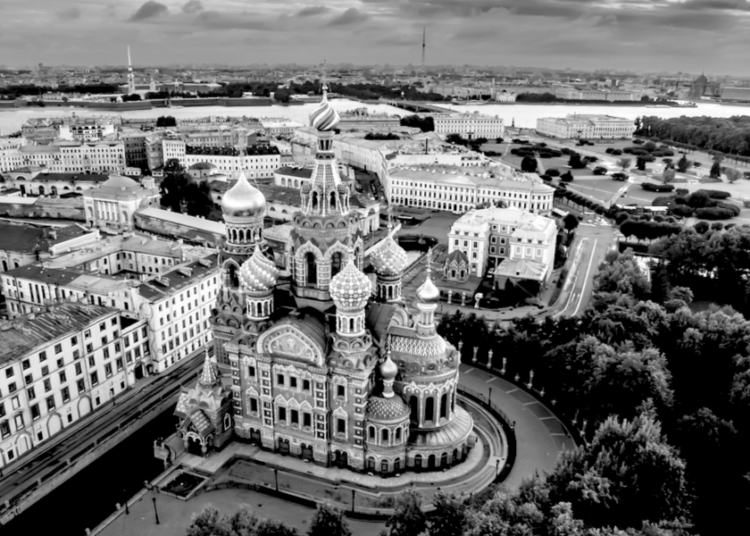SINCE the time of Peter the Great, Russia has been a force in the world, both politically and culturally. It remains so today, despite the fact that many dismissed it after the fall of the Soviet Union.
Described by Winston Churchill as ‘a riddle, wrapped in a mystery, inside an enigma’, this is the Russia that Hillsdale College, an independent academic institution in the US, decided, in light of the Ukraine Russia war, to explore a year ago in a series of conference lectures. They remain relevant.
The first which we ran on Monday, Russia from 1696-1917: An Overview, is a veritable ‘history’ tour de force through Russia’s shifting borders, wars and alliances, by the American historian Sean McMeekin. You can find it here with my fuller introduction to the series. The second by Steve Kotkin, another American historian, academic and Stalin expert, entitled Russia from 1917-1991: An Overview, can be found here. The third on Tolstoy and Dostoevsky: Lessons from the Russian Classics, by the American literary critic and Slavist Gary Saul Morson, can be viewed here.
We are grateful to Hillsdale College for making this series freely available to the wider public. You can access the entire series on their website here.
Today’s, the fourth in the series, entitled Tchaikovsky and Rachmaninoff: Creating a Russian Identity in Music explores yet another paradox: how is it that this country ‘that has been our bitter adversary produced the two composers who are the most beloved on our concert stages’? Readers will be aware that one tragedy of the war has been the senseless and bigoted cancellation of Russian composers and music that’s made the lives of even anti-Putin Russian artists impossible. The American concert pianist Dr Hyperion Knight does much to put this right in his lecture. You can watch and listen to some wonderful romantic piano playing too. Enjoy! It’s all here:
Or link to his lecture to see it here.
If you appreciated this article, perhaps you might consider making a donation to The Conservative Woman. Unlike most other websites, we receive no independent funding. Our editors are unpaid and work entirely voluntarily as do the majority of our contributors but there are inevitable costs associated with running a website. We depend on our readers to help us, either with regular or one-off payments. You can donate here. Thank you.
If you have not already signed up to a daily email alert of new articles please do so. It is here and free! Thank you.

